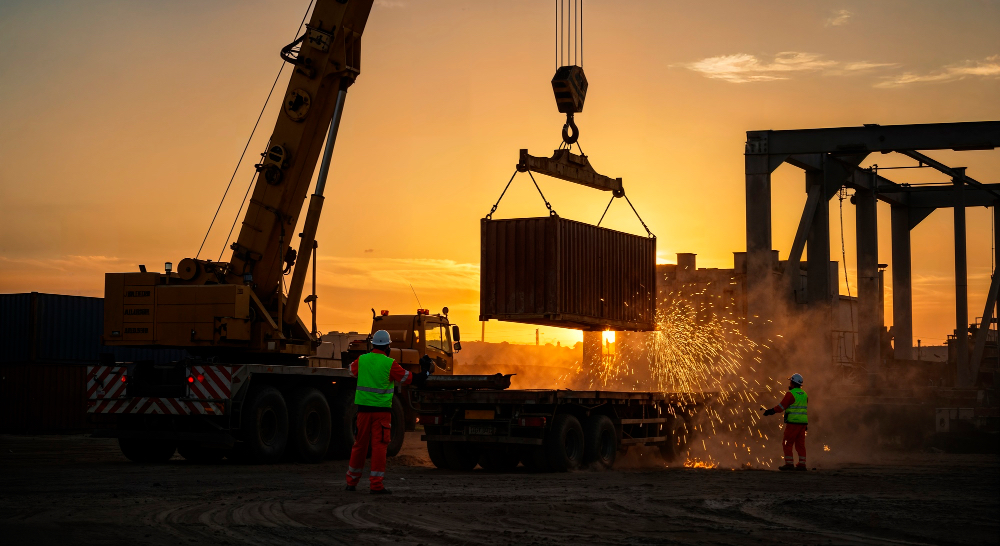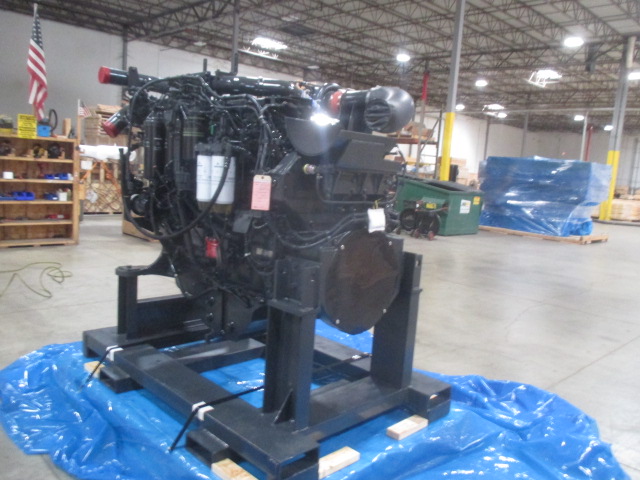Economic Forecast Cut Amid Trade Tensions.
In May 2025, amid an escalating US–Europe trade war, the European Commission cut its eurozone growth forecast from 1.3% to 0.9%, citing rising uncertainty in global trade.
As of June 1st, the U.S. has implemented:
- A 10% tariff on all EU goods
- A 25% tariff on steel, aluminum, and automobiles
These measures have already triggered market shocks across Europe. Investors rushed to gold, and stock indexes dipped, especially in Germany and France, which heavily rely on industrial exports to the U.S.
The Commission now expects only 1.4% growth in 2026, below prior projections, as trade instability continues.
👉 Read how we help businesses navigate global freight regulations
Who’s Hit the Hardest by the US–Europe Trade War?
- Automotive and metals industries in Germany, France, and Italy
- Construction and manufacturing relying on EU-sourced equipment
- Luxury sectors like wine, fashion, and watches
👉 See our heavy equipment shipping service
For U.S. importers and exporters, this US–Europe trade war means higher costs, tighter margins, and potential delivery delays — unless smart countermeasures are put in place.
How the US–Europe Trade War Impacts Importers and Exporters
Take a U.S. business importing oil drilling equipment from Italy. In 2024, your logistics costs were already tight. Now in 2025, tariffs add thousands of dollars to each shipment, impacting profitability.
To stay ahead, businesses must:
- Explore customs deferral programs
- Use bonded warehousing to delay duties
- Leverage tariff classification strategies to reduce costs legally
At Falcon Cargo, we help clients optimize routes and cut through customs complications — especially in heavy and oversized freight.
New Rules for American Travelers to Europe.
The trade war isn’t just about business. Travelers are also being impacted, with stricter scrutiny and more red tape.
Here’s what American tourists need to know in 2025:
✅ Passport Validity
Must be valid for at least 6 months beyond your entry date to any Schengen country.
✅ Visa-Free Travel
You can stay in the Schengen Zone for up to 90 days within a 180-day window.
✅ Longer Stays
Need more than 90 days? Apply for a national visa through the consulate of the country you’ll spend the most time in.
✅ ETIAS Is Coming
Starting late 2026, U.S. citizens will need to apply for ETIAS — a travel authorization similar to the U.S. ESTA system.
Why Travelers Should Care About Tariffs.
Tariffs hit supply chains — and supply chains touch everything.
- Airfare might increase if aircraft components face tariffs
- Hotels may raise prices due to costlier imports
- Travel insurance rates could change as political risks rise
In short: the ripple effect is real, even for tourists.
How to Stay Ahead – Business and Travel Tips.
For Business Owners:
- Reevaluate EU-based vendors
- Lock in shipments before tariff hikes
- Explore “tariff engineering” options to reclassify products
For Travelers:
- Check your passport now — don’t wait
- Watch for ETIAS updates and apply early when it launches
- Register in STEP for travel alerts
Conclusion: Strategic Action Beats Waiting.
Falcon Cargo helps clients minimize disruption caused by the US–Europe trade war, with efficient freight, customs, and supply chain solutions tailored to current regulations.
✅ Whether you’re a logistics director shipping turbine parts or just planning a vacation to Paris, the smart move is to plan early, adapt fast, and lean on expert partners.
Falcon Cargo helps you navigate this shifting global trade landscape with tailored freight, customs, and shipping solutions that keep your operations moving — no matter how the winds of policy change.





